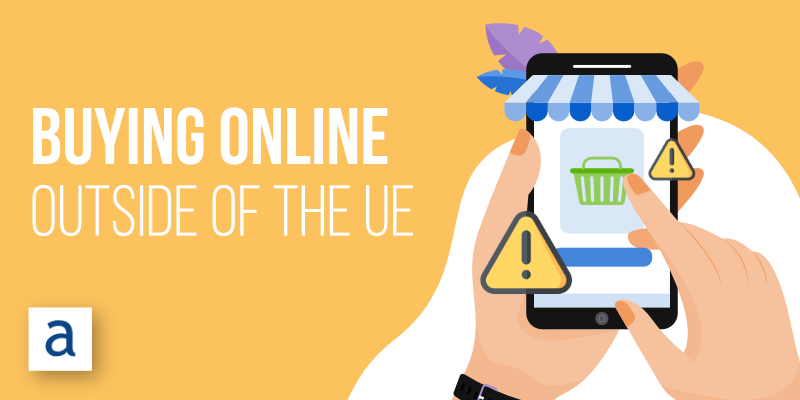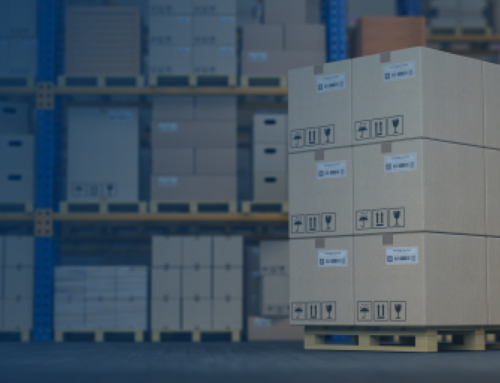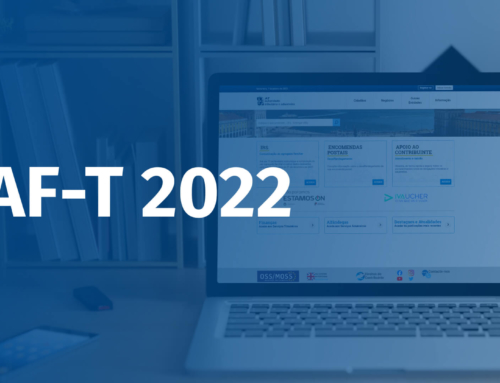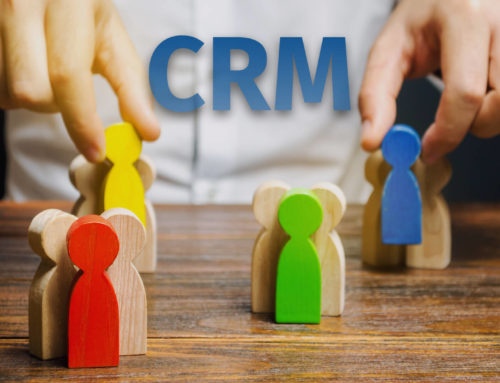Buying online outside of the EU? Get ready to pay VAT as of July 1

As of July 1, 2021, new rules come into effect that will make shopping outside of Europe more expensive.
Online stores where you can buy goods at low prices are a huge temptation and the process of ordering and receiving takes little effort. Social media advertisements on these stores are very frequent, and few can resist them.
In the last decade, buying online has become the most convenient and economical way to go shopping, however, this growth in e-commerce has led to changes in VAT rules. It is already in July that these changes have an impact with the end of the VAT exemption on purchases outside the European Union
As of July 1, 2021, non-EU purchases, regardless of their value, will be subject to VAT.

But, after all, what are non-EU purchases?
The answer is apparently simple: all purchases made in online stores outside the countries that make up the European Union (EU). However, even within EU member states, there are territories that, for tax purposes, are considered non-EU and, therefore, subject to Customs Control.
Get to know the exceptions:
Spain (Canary Islands, Territories of Ceuta and Melilla, Andorra)
France (Martinique, French Guiana, Reunion Island and Guadeloupe)
Italy (San Marino and Vatican)
Germany (Buesingen)
Greece (Mount Athos)
United Kingdom (Guernsey, Jersey, Isle of Mann and Gibraltar)
Also, please note that for tax purposes you must take into account the country of origin of the shipment, not the country of the online store. For example, if the website where you make the purchase is German, but the item is shipped from China. As the origin of the shipment is outside of the EU, you will have customs control and will pay VAT.

End of VAT exemption for non-EU purchases: what will change?
These new VAT rules for online commerce were developed in order to adapt the tax to the new reality.
Initially, the end of the VAT exemption for non-EU purchases was supposed to come into effect as early as January 1, 2021. However, the pandemic delayed the process by six months. In May 2020 the proposal was made that the entry into force of the new regulations be delayed. The argument was that, due to fighting the pandemic, “several member states have encountered difficulties in completing the development of the necessary IT systems.”
These difficulties would prevent them from having everything ready to comply with the law by the first day of 2021. However, for the directive to be truly effective, all EU countries would need to have their IT systems up to date. That is why there was an agreement to postpone the publication of this new regulation by six months.
From July 2021, in order to be charged VAT when buying online, all imports into the EU will have to be declared at the border using an electronic customs declaration. Thus, all items sold from a country outside the EU will have to be declared and subject to the VAT applicable in the destination country – 23% in Portugal.

New electronic customs declaration
The good news is that the customs procedures for declaring these items will be simpler.
The implementation of this new directive, if carried out using the normal customs declaration, would become a lengthy and time-consuming process, both for sellers and for the entire European customs IT system.
In this regard, the electronic customs declaration, compared to the normal customs declaration, now requires a smaller set of data suitable for low-value orders. These new rules have come to simplify the administrative and bureaucratic procedures that businesses face.
In summary
On July 1st, the obligation to pay VAT and/or customs duties will come into force for products of non-EU origin, regardless of when they were purchased and their value;
Some online sales sites, will have to allow consumers to pay VAT at the time of purchase;
VAT and/or customs duties may continue to be assessed upon entry into Portugal, and consumers must follow the customs clearance process on the Customs Clearance Portal;
If you sell online, respond accurately to the new VAT rules.




